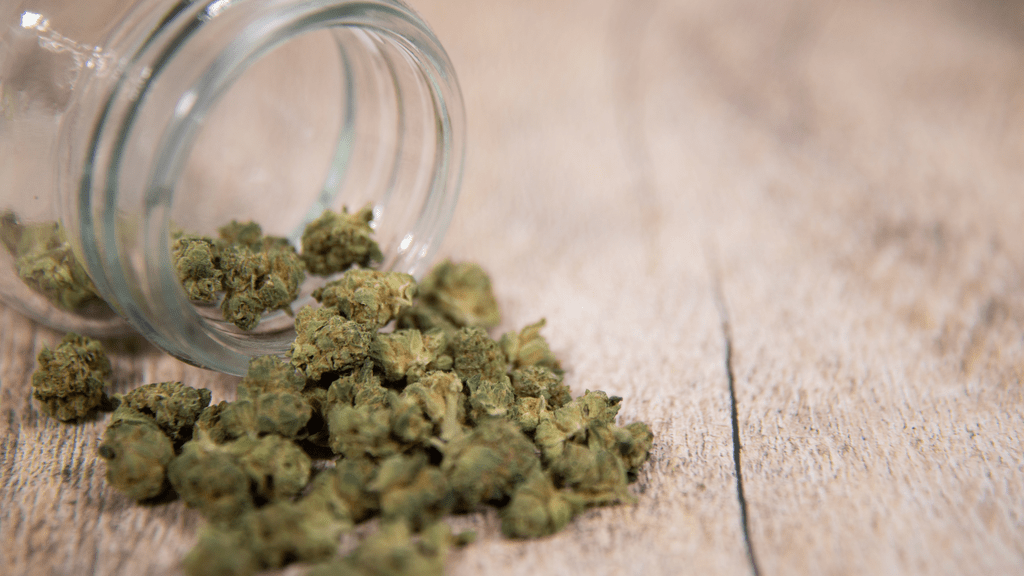Motorcycle clubs and cannabis have long shared cultural ties, rooted in their mutual association with rebellion and counterculture. Emerging prominently after World War II, motorcycle clubs embodied a spirit of freedom and nonconformity that resonated with those seeking to challenge societal norms. Cannabis, similarly, became a symbol of defiance against mainstream expectations, solidifying its place within the biker ethos.
Media portrayals have played a pivotal role in linking these two worlds. Iconic films like Easy Rider and modern shows such as Sons of Anarchy have romanticized the outlaw biker lifestyle, often including cannabis use as part of the narrative. These depictions have shaped public perceptions, reinforcing the notion that both motorcycle clubs and cannabis represent freedom and resistance to authority.
The 1960s and 1970s countercultural movements further deepened the connection. During this period, cannabis use and biker culture often overlapped, with both rejecting institutional authority and embracing alternative ways of life. This shared ethos created a cultural bond that extended beyond mere recreational use, symbolizing broader ideals of autonomy and personal freedom.
Both communities have faced significant stigma and legal challenges, often being misrepresented as criminal or dangerous. While cannabis legalization has softened public perceptions, motorcycle clubs remain culturally linked to the plant’s history of marginalization and rebellion. The evolving societal acceptance of cannabis raises interesting questions about how these shifts might influence the image of biker culture in the years to come.
In essence, the relationship between motorcycle clubs and cannabis is a reflection of their shared role in pushing against societal norms. Together, they continue to symbolize individuality, freedom, and the enduring appeal of the road less traveled.

